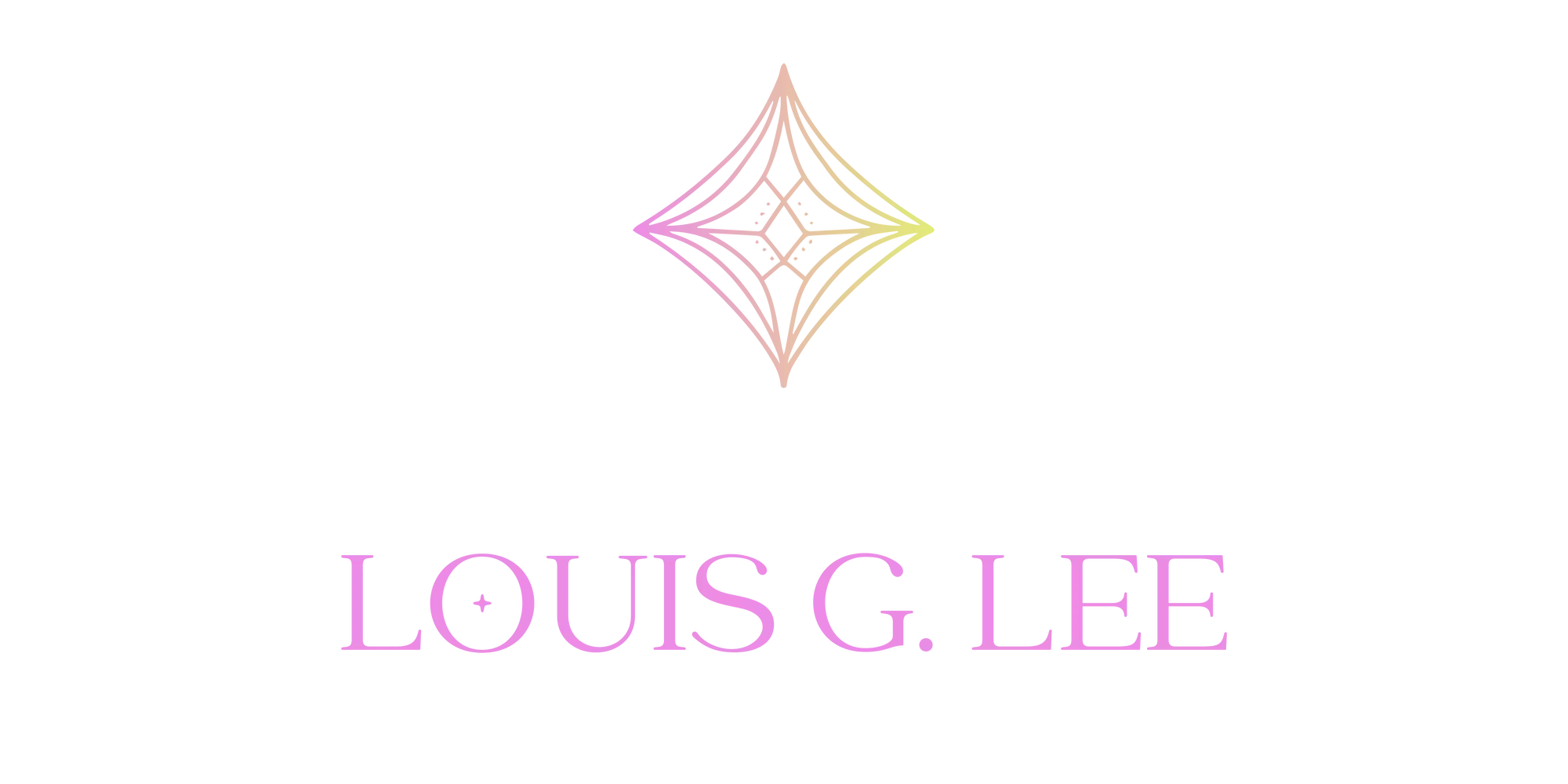Insults or Info?

Fredrick Douglas (1818-1895) was born into slavery when it was illegal for African Americans to read and write.
Not only was it illegal for them to read or write, but it was illegal for white people to teach African Americans to read or write! Douglas recounts his former slaveholder’s wife who began teaching him the alphabet in his memoir, Narrative of the Life of Frederick Douglass. He recounts the slaveholder finding out about his teaching lessons and confronting his wife in front of Douglas, explaining why she couldn’t teach African Americans to read:
“It would forever unfit him to be a slave. He would at once become unmanageable, and of no value to his master. As to himself, it could do him no good, but a great deal of harm. It would make him discontented and unhappy." These words sank deep into my [Douglas] heart, stirred up sentiments within that lay slumbering, and called into existence an entirely new train of thought. It was a new and special revelation, explaining dark and mysterious things, with which my youthful understanding had struggled, but struggled in vain. I now understood what had been to me a most perplexing difficulty-to wit, the white man's power to enslave the black man. It was a grand achievement, and I prized it highly. From that moment, I understood the pathway from slavery to freedom. It was just what I wanted, and I got it at a time when I the least expected it. Whilst I was saddened by the thought of losing the aid of my kind mistress, I was gladdened by the invaluable instruction which, by the merest accident, I had gained from my master."
The slaveholder's explanation is riddled with anti-human rights, disregard, and disdain. And what did Douglas do with this disrespect? He could have kicked, screamed, fought back, and stood up for his (non-existent) rights. Of course, this backlash would have ended badly for Fredrick, likely resulting in capital punishment, relocation, maiming, or even death. But instead, Fredrick took the verbal insults as information and used the slaveholder's perspective as fuel for curiosity instead of contempt.
That curiosity lead Douglas to quietly find other ways to learn how to read and write and eventually escape to the North. It was not his choice to be enslaved physically, but it was his choice to free himself mentally. Although he came into life in bondage, he left it a free man who was an author, speaker, and abolitionist.
You who are reading these lines with an internet connection have choices when you come across people and situations you don’t like. You can choose to be a victim and complain to the high heavens for someone else to do something about it. Or you can take what you’re getting as information and turn it into the raw material you will use to build a better situation for yourself and others.
No one can hurt your feelings without your permission. The choice is yours. No one can make it for you. No one can help you better than yourself. And your better self will end up helping us all in the long run.
(This post contains an affiliate link. Learn more here.)

